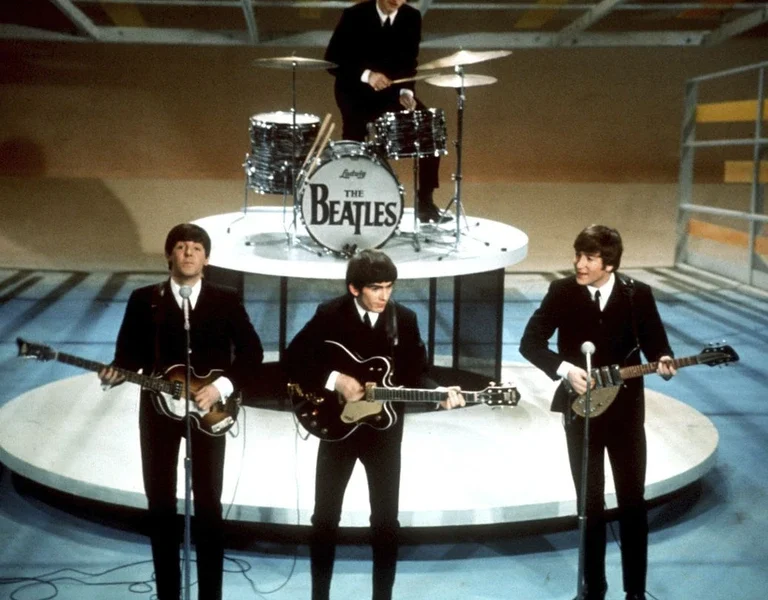AI Starts a Music-making Revolution and Raises Questions about Ethics and Royalties
Artificial intelligence (AI) has disrupted various industries, and music-making is no exception. The advent of AI in music has not only revolutionized the creative process but has also sparked debates about ethics and royalties.
The Intersection of AI and Music
Over the years, AI technology has evolved significantly, leading to its integration into the music industry. The use of AI tools has enabled the fusion of melodies, creating unique sonic landscapes and winning accolades at international song contests.
The influence of AI on music has been profound, driving innovation, and serving as a catalyst for creativity. With AI technology, the music-making process has become more accessible and democratic, allowing individuals to express their musical ideas fully, even if they lack instrumental skills or studio resources.
Ethical Implications and Copyright Challenges
However, the integration of AI in music has raised significant ethical concerns. The ability of AI to clone the voices of famous artists and generate completed songs with minimal human input has challenged conventional copyright laws and blurred the lines of ownership.
The rapid advancement in AI-generated music has resulted in a proliferation of online generators and voice cloning applications, which, while fascinating, pose serious questions for the music industry. This includes determining the rights and royalties associated with AI-generated content and addressing the moral implications of using the voices of deceased artists for new music productions.
A Shifting Landscape for Music Creation
The emergence of AI in music production has not only transformed the creative process but also impacted the roles of musicians and industry professionals. From generating fully baked songs to assisting with mixing and mastering, AI tools have redefined the traditional music creation process.
However, as AI takes over certain aspects of music production, concerns have arisen regarding the erosion of essential musical abilities and the potential displacement of music professionals. The integration of AI raises questions about the future direction of music creation and the impact on musicians’ livelihoods.
Regulatory and Legislative Responses
Government bodies and industry organizations are beginning to grapple with the regulatory and legislative implications of AI-generated music. Efforts to address copyright laws, ethical usage of AI in music, and the fair compensation for artists and creators are underway but are likely to take several years to materialize fully.
The European Union, for instance, has passed a comprehensive AI law that will come into effect in 2025, highlighting the need to balance the benefits of AI in music with its potential societal impacts and ethical considerations.
The Future of AI in Music
Despite the ethical and regulatory challenges, the integration of AI in music creation is poised to continue transforming the industry. AI tools are expected to play an increasingly significant role in music production, offering new opportunities for creativity and innovation while reshaping traditional practices.
As the music industry navigates the implications of AI, it must confront the complexities of ownership, fair compensation, and ethical considerations in utilizing AI-generated content. The future of AI in music holds immense potential, but it also demands a careful and considered approach to address its ethical, legal, and creative dimensions.
Source: washingtontimes








No Comments